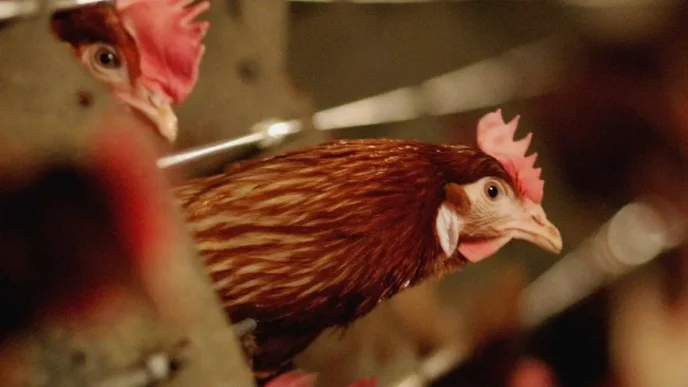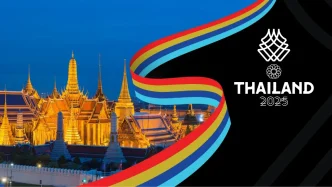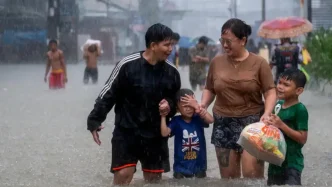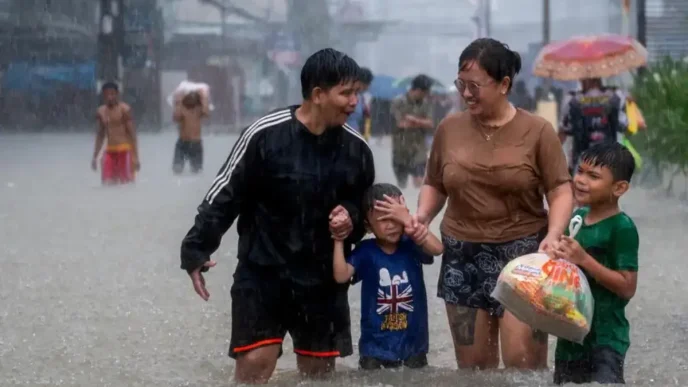In a powerful and pointed speech, Philippine President Ferdinand Marcos Jr. delivered his fourth State of the Nation Address (Sona) on July 28, 2025, at the Batasang Pambansa in Quezon City, marking the midpoint of his six-year term. The address, which lasted just over an hour, was notable not only for its brevity compared to previous years but for its sharp tone, as Marcos issued a series of stern warnings to government officials, private entities, and criminal elements. Amid reflections on achievements and pledges for the future, the President’s focus on accountability and reform underscored persistent challenges facing the nation, from infrastructure failures to economic struggles.
A Call for Accountability in Infrastructure
Marcos opened with a scathing critique of corruption in government infrastructure projects, particularly flood control initiatives. He highlighted how substandard work had exacerbated the impact of recent typhoons and monsoon rains, leaving communities devastated. “Just recently, I inspected the effects of the Habagat, and of Typhoons Crising, Dante, and Emong. I clearly saw that many flood control projects were failures and collapsed, and some were just imaginary” he said on July 28, 2025. His frustration was palpable as he accused unnamed officials of profiting from public funds through kickbacks and shady deals.
“Have some shame for the households that were swept away or submerged by the floods. Have some shame, especially for our children who will inherit the debts you made, while you just pocketed the money” Marcos declared. The statement drew a prolonged standing ovation, signaling public resonance with his demand for accountability. He ordered the Department of Public Works and Highways to compile and publicize a list of flood control projects from the past three years, while instructing regional monitoring committees to identify failed or incomplete works. The President also promised that audits and performance reviews of government projects would lead to charges against those found guilty in the coming months.
In response to the recent monsoon rains and typhoons Marcos referenced, major oil companies announced a temporary price freeze on fuel in the hardest-hit areas. The move, coordinated with government agencies, aims to ease the economic burden on communities dealing with damaged homes, lost livelihoods, and disrupted transportation. While limited in duration and scope, the measure has been praised as a small but timely act of public-private cooperation. However, critics warn that without structural reforms in disaster response and energy pricing, such relief may prove insufficient in future crises.
Budget Threats and Sectoral Reforms
Marcos extended his warnings beyond infrastructure, addressing the national budget and various sectors critical to Filipino life. He issued a direct challenge to Congress, vowing to veto any proposed 2026 budget that does not align with his administration’s National Expenditures Program. “I am willing to do this even if we end up with a reenacted budget” he asserted on July 28, 2025, emphasizing his commitment to fiscal discipline and alignment with government priorities for the Filipino people.
In agriculture, the President targeted traders manipulating rice prices, labeling their actions as economic sabotage. He warned on July 28, 2025, that such practices would not be tolerated and pledged to pursue those responsible. Water supply issues also drew his ire, with Marcos directing the Local Water Utilities Administration to address complaints impacting millions of consumers and ensure accountability for negligence in service delivery.
The energy sector was not spared either. Citing widespread power outages in Siquijor due to expired permits and faulty systems, Marcos ordered the Department of Energy, the National Electrification Administration, and the Energy Regulatory Commission to restore normal service by year-end. He added that similar issues nationwide would be investigated, with refunds mandated where necessary.
Crime, Cockfighting, and Calls for Unity
On the issue of crime, Marcos vowed justice for missing persons linked to criminal syndicates in the cockfighting industry. “We will pursue and hold accountable the masterminds and those involved, whether civilians or officials. No matter how powerful, influential, or wealthy they are, they will not be above the law” he stated on July 28, 2025. This commitment to law enforcement underscored a broader push for security and order amid complex social challenges.
Early in his address, Marcos called for unity in the wake of the 2025 midterm elections, urging political actors to set aside differences. “To all of us here, let us set aside our differences and agree on the three things that bind us together: our being Filipino, our love for the country, and our sworn duty to the people” he said. Acknowledging public dissatisfaction reflected in the polls, he admitted the government must “do better” and “move faster” to address daily struggles, despite positive economic indicators like reduced inflation and unemployment at 4 percent.
Notable Omissions and Political Tensions
While Marcos’ speech was comprehensive in its warnings and directives, several pressing national issues were conspicuously absent. He made no mention of the ongoing territorial dispute with China in the West Philippine Sea, a significant departure from his 2024 address. Instead, he reiterated a commitment to an independent foreign policy positioning the Philippines as a friend to all and an enemy to none. Similarly, there was no reference to the International Criminal Court (ICC) or the status of former President Rodrigo Duterte, currently detained in The Hague for alleged crimes against humanity.
In contrast to previous addresses where he firmly defended the Philippines’ territorial claims, this year’s silence on the West Philippine Sea raised questions among analysts and citizens alike. With regional tensions still simmering, especially around contested maritime zones, critics argued that Marcos missed a crucial opportunity to reinforce the country’s sovereignty and reassure both the public and international partners of the government’s stance. The omission was especially notable given his administration’s prior statements on strengthening military readiness and pursuing diplomatic solutions.
Political tensions within his administration also went unaddressed. Marcos did not acknowledge Vice President Sara Duterte, who was absent from the Sona for the second consecutive year, nor did he comment on the recent impeachment complaint against her, which the Supreme Court declared unconstitutional. Additionally, a recent meeting with former US President Donald Trump, where discussions on American tariffs on Philippine goods reportedly resulted in a slight reduction from 20 percent to 19 percent, was omitted from the address.
Achievements and Future Promises
Amid the stern tone, Marcos highlighted key achievements and outlined plans for the remainder of his term. He noted efforts to expand connectivity in provinces such as Quezon, Camarines Norte, and Zamboanga del Sur, and encouraged foreign investors to tap into the Philippine market, praising the adaptability of the Filipino workforce. He also expressed gratitude to overseas Filipino workers for embodying the nation’s spirit globally. “Because of them, the skill, kindness, and heart of the Filipino are showcased in every corner of the world” he said on July 28, 2025.
Marcos pledged that the final three years of his presidency would deliver more than promised, aiming to bridge the gap between economic data and the lived realities of Filipinos. “If we’re only talking about data, the economy is doing well—business confidence is up, inflation is down, and jobs have increased. But all of this is just window dressing, meaningless if our people are still struggling and burdened in their daily lives” he reflected.
Marcos also emphasized the role of public-private partnerships (PPPs) in driving infrastructure development. By leveraging private capital for projects in transportation, energy, and digital connectivity, he framed PPPs as essential to speeding up growth and creating jobs, particularly in rural areas. He urged both local and international investors to participate, promising transparency and streamlined approvals. However, economists cautioned that without tighter oversight, PPPs risk repeating past mistakes tied to unequal benefit distribution and corruption.
A Mixed Reception and Lingering Questions
The 2025 Sona revealed a presidency at a crossroads, balancing a narrative of progress with an unflinching acknowledgment of systemic failures. Marcos’ forceful rhetoric on corruption and accountability resonated with many, as evidenced by the enthusiastic response to his flood control critique. Yet, the omission of critical issues like the West Philippine Sea dispute and the ICC raises questions about the administration’s priorities and willingness to confront contentious geopolitical and legal challenges.
As Marcos enters the latter half of his term, the pressure to translate warnings into tangible reforms intensifies. With audits looming and public lists of failed projects promised, the coming months will test whether his administration can deliver on accountability. For now, Filipinos wait to see if the President’s resolve will match the urgency of his words, or if systemic issues will continue to cast a shadow over his leadership.
As the nation grapples with these complex challenges, one question lingers: can Marcos’ administration turn stern warnings into lasting change before time runs out?
















